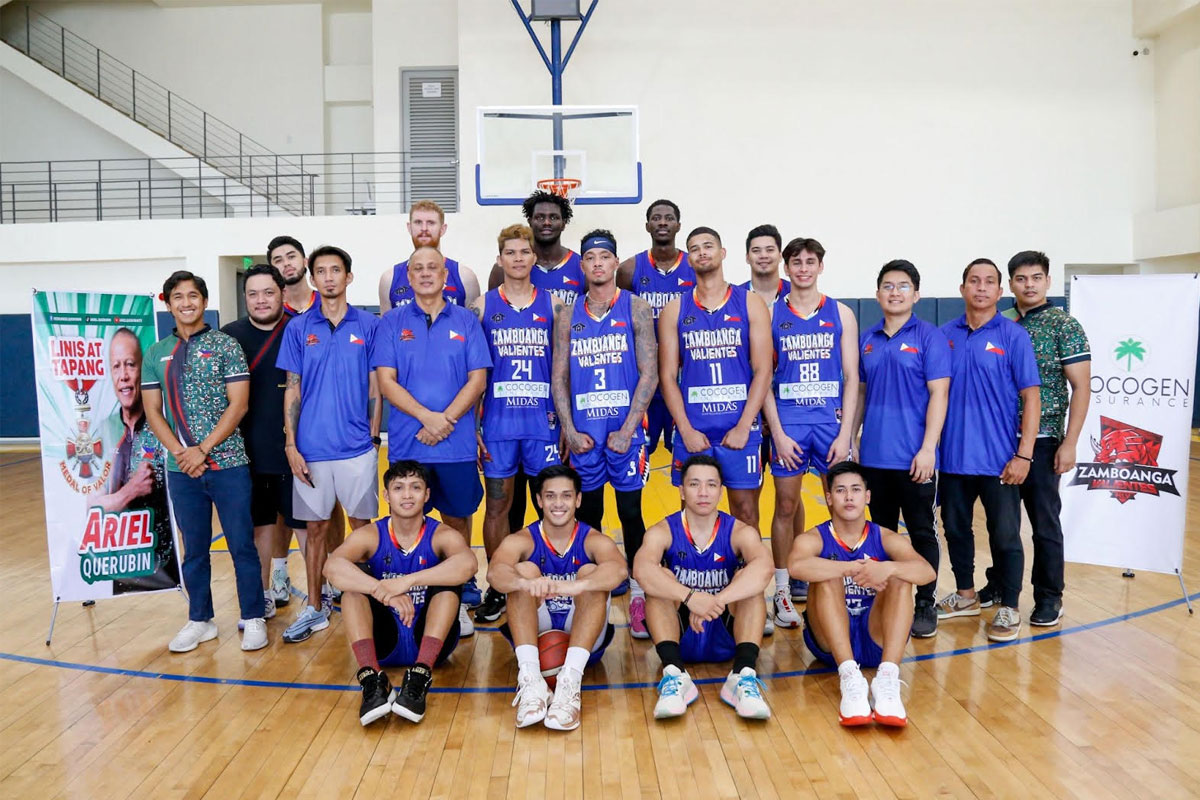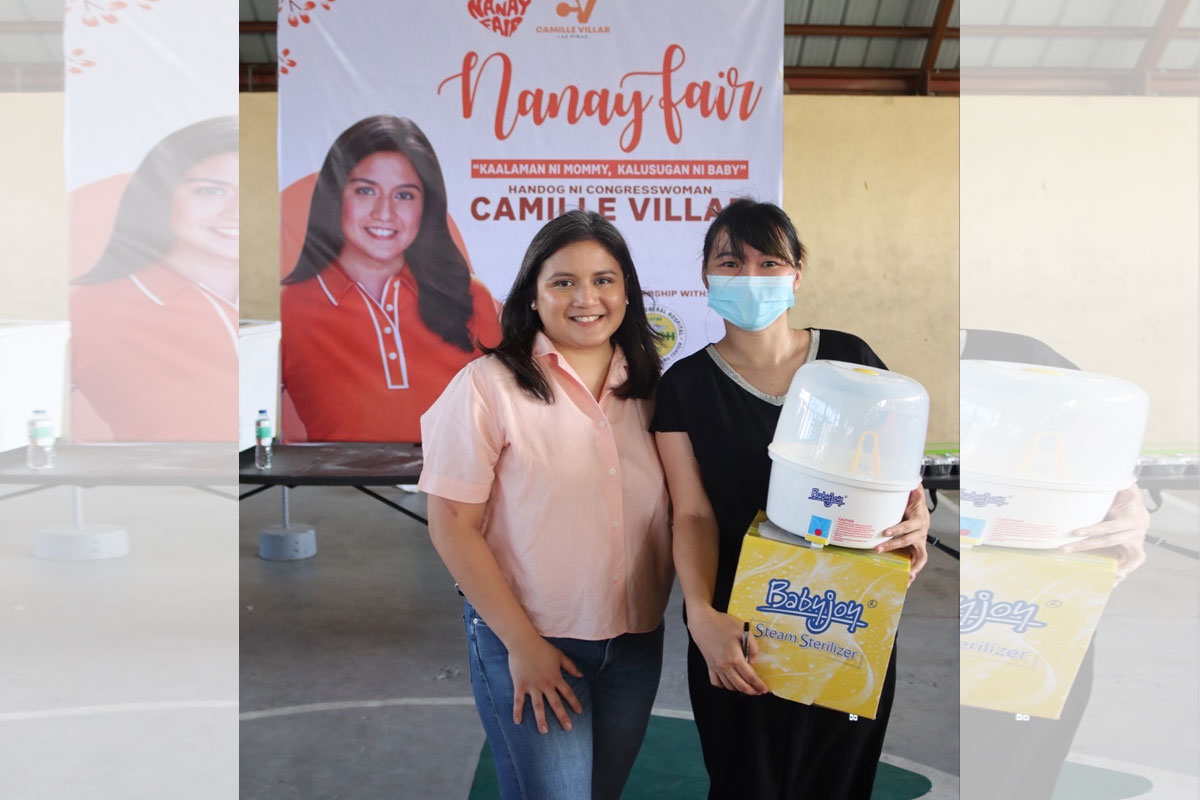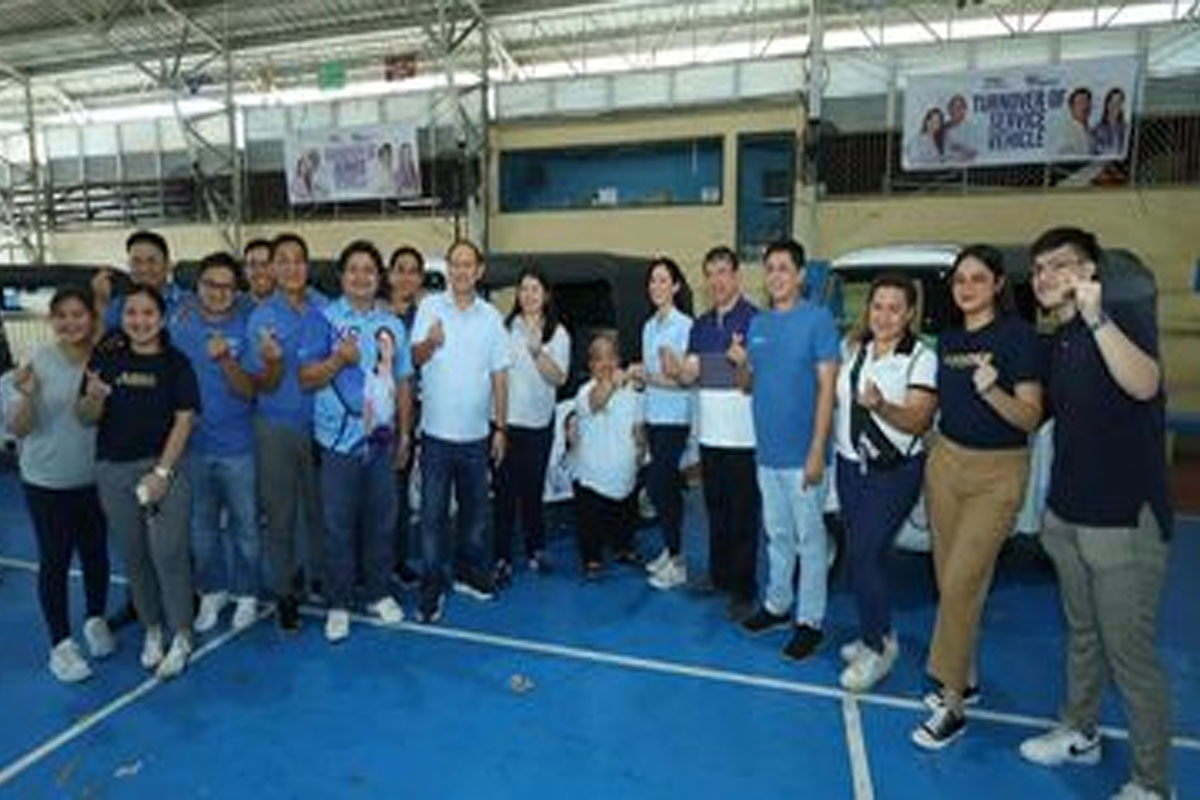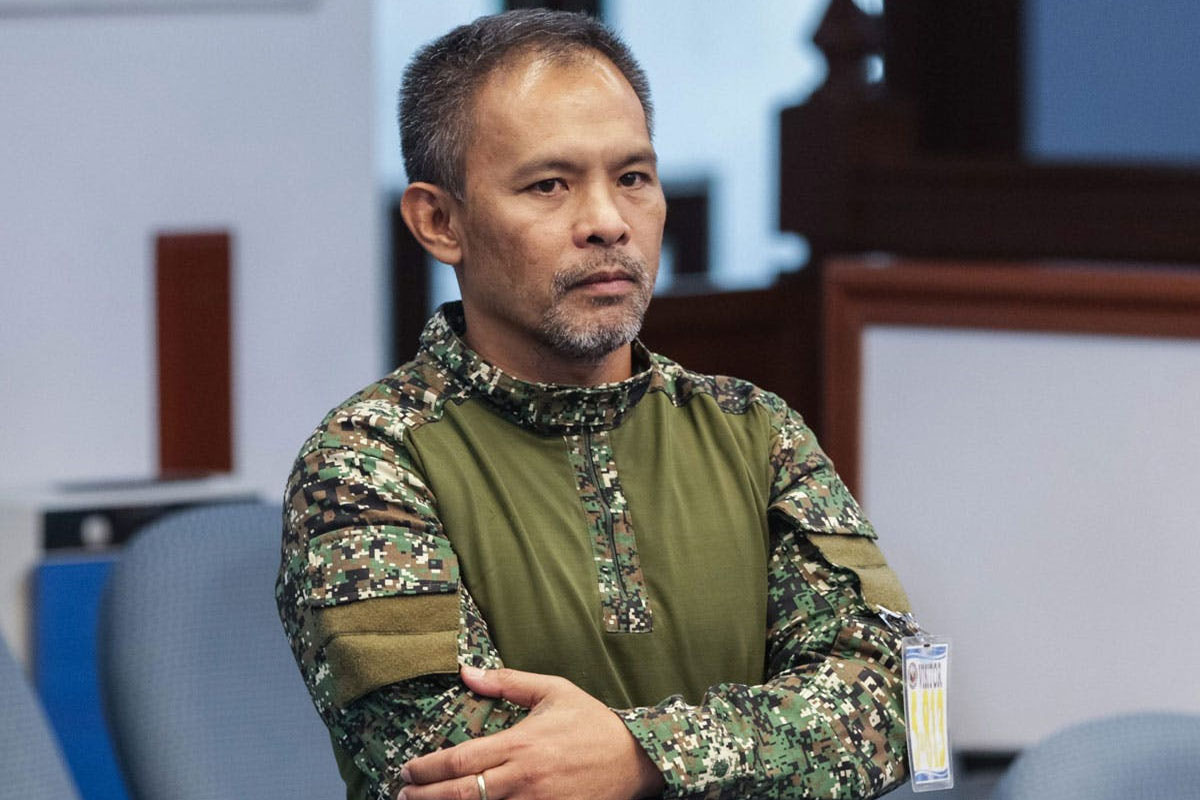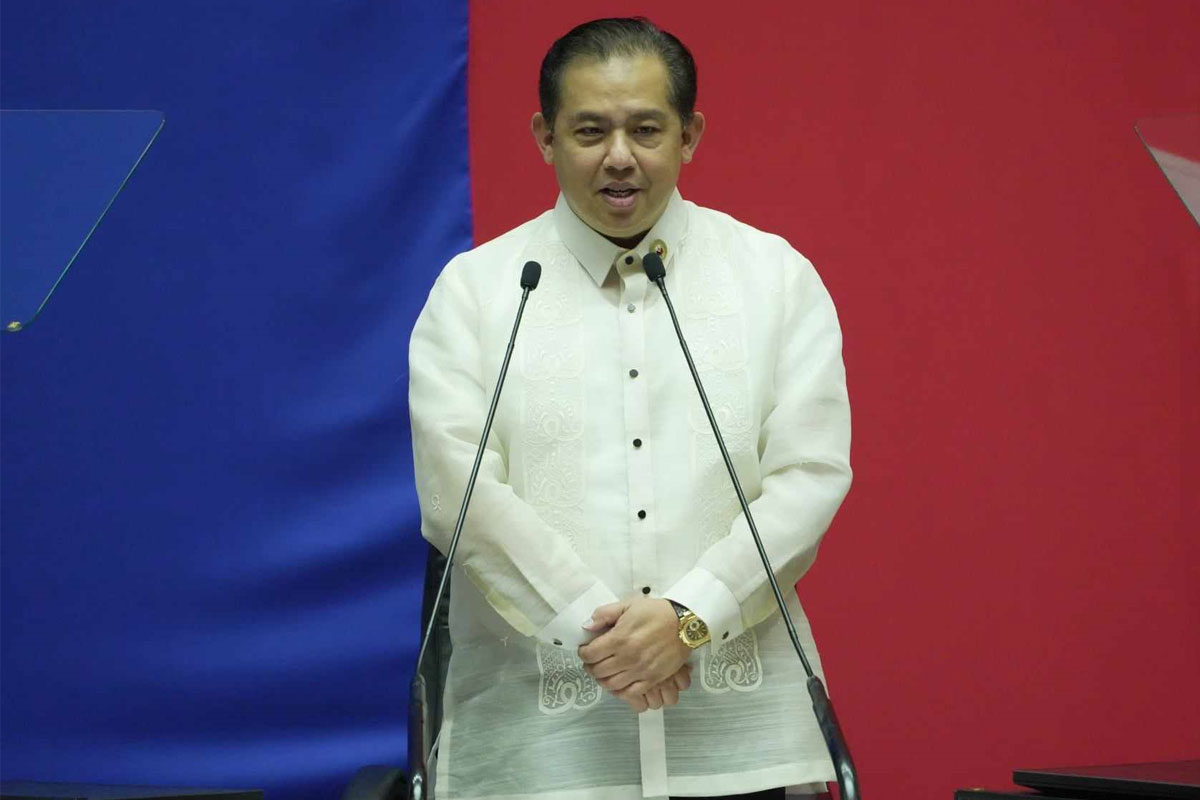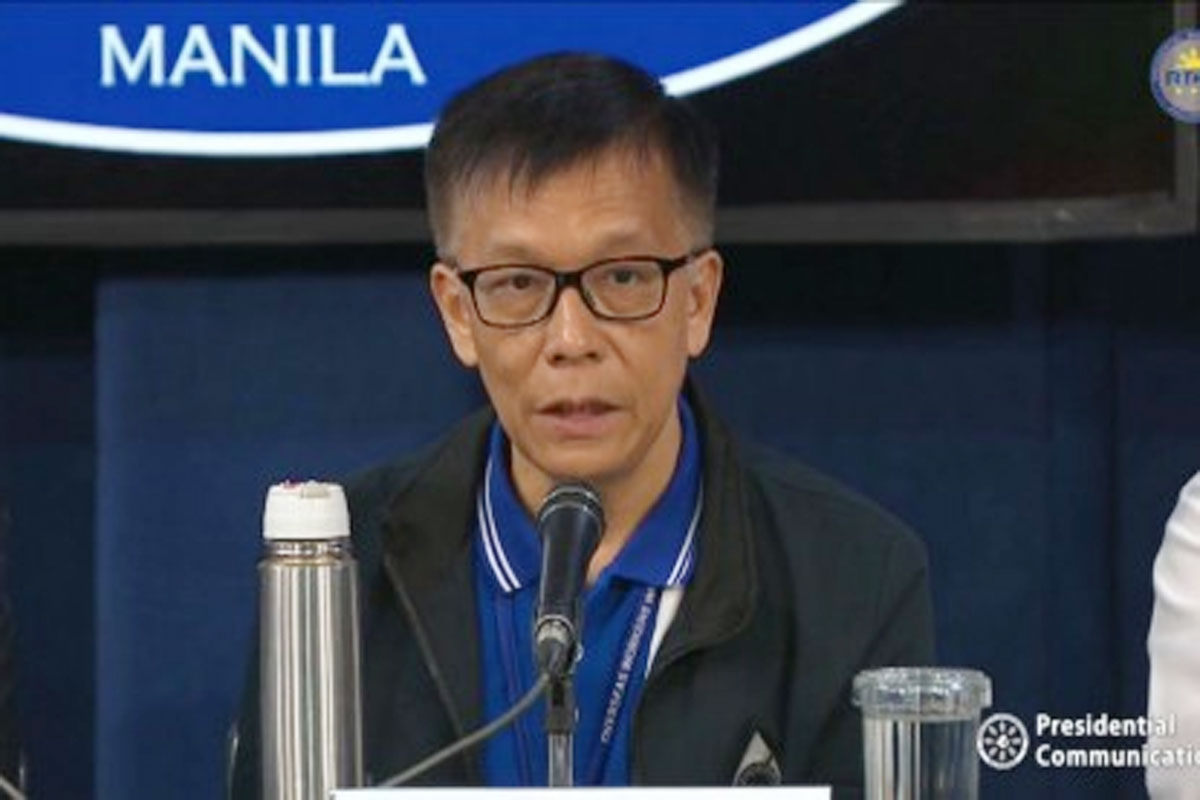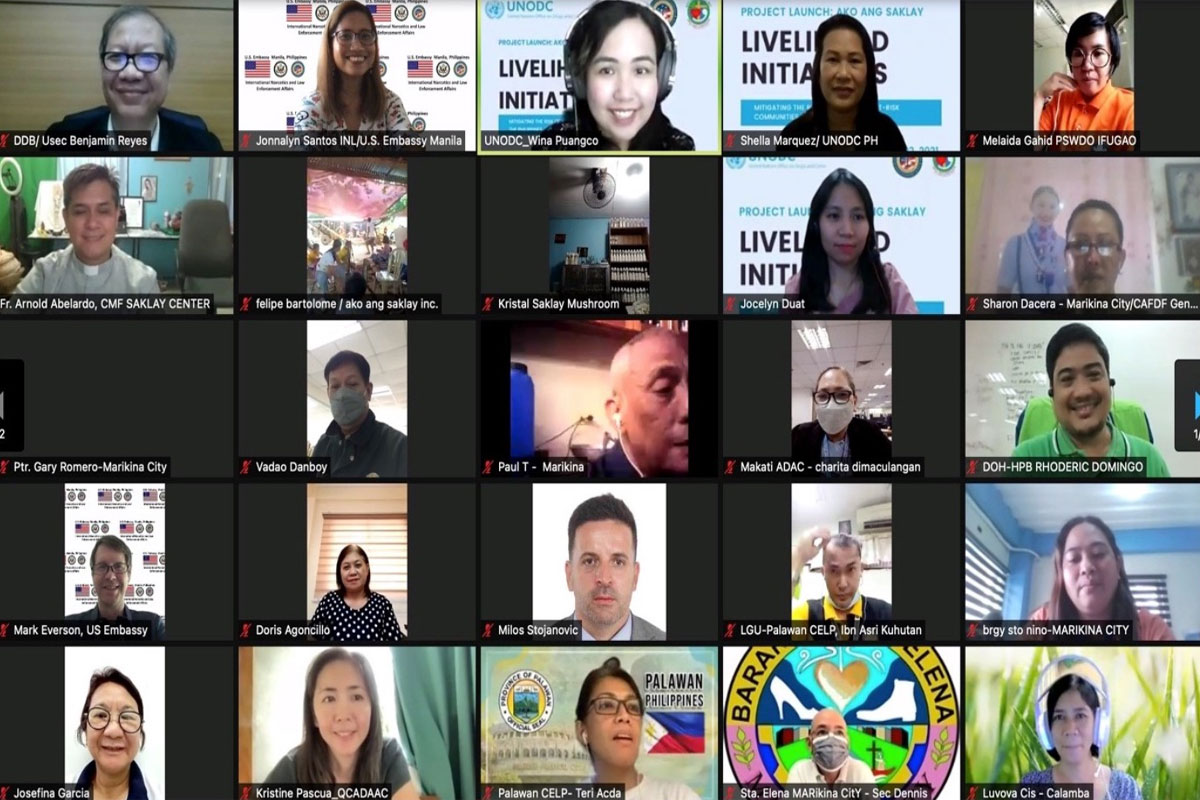 Representatives from the Dangerous Drugs Board, Department of Health, and 12 local government units participate in the virtual program launch.
Representatives from the Dangerous Drugs Board, Department of Health, and 12 local government units participate in the virtual program launch.
U.S. Embassy launches ‘Ako ang Saklay’ livelihood program
For persons overcoming substance use disorder
ON November 22, the U.S. Embassy in the Philippines partnered with the United Nations Office on Drugs and Crime (UNODC) to launch the “Ako ang Saklay” livelihood program for those recovering from substance use disorder.
The Embassy’s Office of International Narcotics and Law Enforcement Affairs (INL) is providing PhP5 million ($100,000) to support this livelihood initiative as part of a broader program to mitigate the negative impact of COVID-19 on at-risk communities in the Philippines. A total of 300 representatives from 12 pilot areas in Luzon participated in the virtual launch.
This two-year program will be implemented by Ako ang Saklay Inc., a civil society organization from Central Luzon that provides community-based drug rehabilitation. The group will facilitate livelihood skills training, introduce income-generating opportunities, and secure job placements for recovering drug users from the cities of Caloocan, Makati, Marikina, Pasig, Quezon City, Valenzuela, and Calamba, and the provinces of Palawan, Cavite, Tarlac, Ifugao, and Nueva Ecija.
“Livelihood programs, such as those facilitated by Ako ang Saklay, can result in quality-of-life changes for persons who use drugs, their families, and their communities,” INL representative Mark Everson said.
Fr. Arnold Abelardo, founder of Ako ang Saklay Inc., said, “This livelihood initiative will contribute to the comprehensive rehabilitation program of Ako ang Saklay, complementing the whole-of-nation approach by the government, and will eventually provide hope for persons who use drugs and their families.”
The Ako ang Saklay program boosts local government partners’ capacity to train practitioners on evidence-based treatment, rehabilitation, and reintegration approaches. The project also supports the right to an adequate standard of living and well-being, including the right to food and livelihood.
The funding and support for this program is part of INL’s broader drug demand reduction program in the Philippines, designed to improve awareness, augment use of preventive measures, and engage multisectoral stakeholders in recovery and reintegration efforts for persons with substance use disorder.



